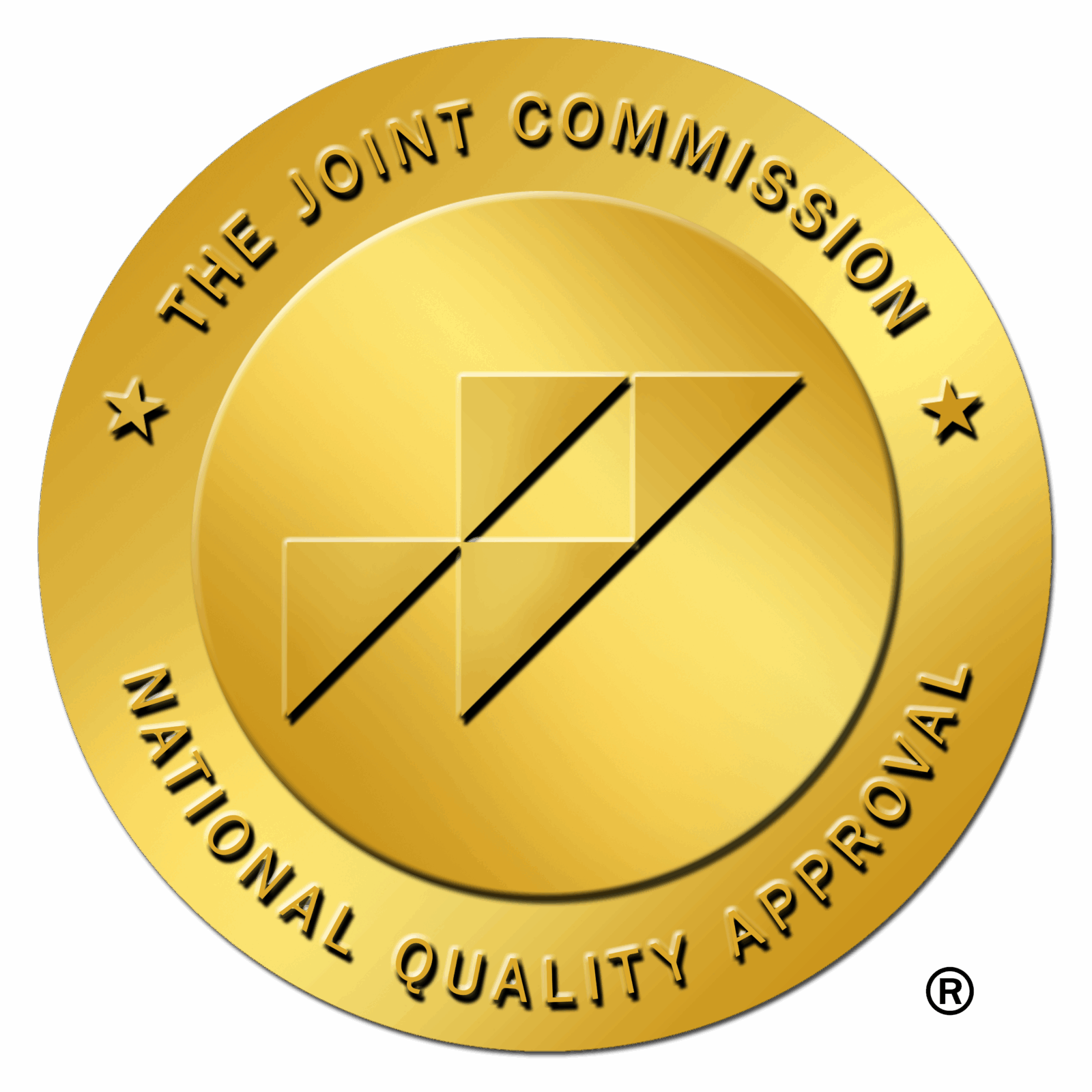Rochelle Plummer, MS, RD/LD
Nutrition plays a significant role in the progression of kidney disease and can help improve lab values. It is important for everyone to make healthy food choices, but it is particularly important if you have kidney disease. Kidneys remove waste from the blood and produces urine and red blood cells, while regulating electrolytes, total body water, pH, minerals and blood pressure.
The eating plan for someone with kidney disease can vary from person to person. It depends on the individual’s lab values and other diagnoses they may have.
A patient with kidney disease should be aware of the amount of protein, sodium, potassium, phosphorus and calcium in their diet. This can help control the buildup of any waste in the blood and extend the life of the kidney. When there is a buildup of waste, the kidneys have to work harder to filter that waste and this can cause more damage to the them. Although diet plays a major role in kidney disease, it is important to look at other diagnoses as well, such as diabetes and hypertension (high blood pressure). Diabetes and hypertension are two of the leading causes of kidney disease.
Speaking with a dietitian can help individualize your kidney diet based on your specific needs and the dietitian will consider body size, lab values and the stage of kidney disease.
If you have kidney disease and want to improve your health, please contact the Health Promotion Disease Prevention department’s adult dietitian at (405) 948-4900 ext. 683.
Let Oklahoma City Indian Clinic help you live a good, healthy life with kidney disease.

